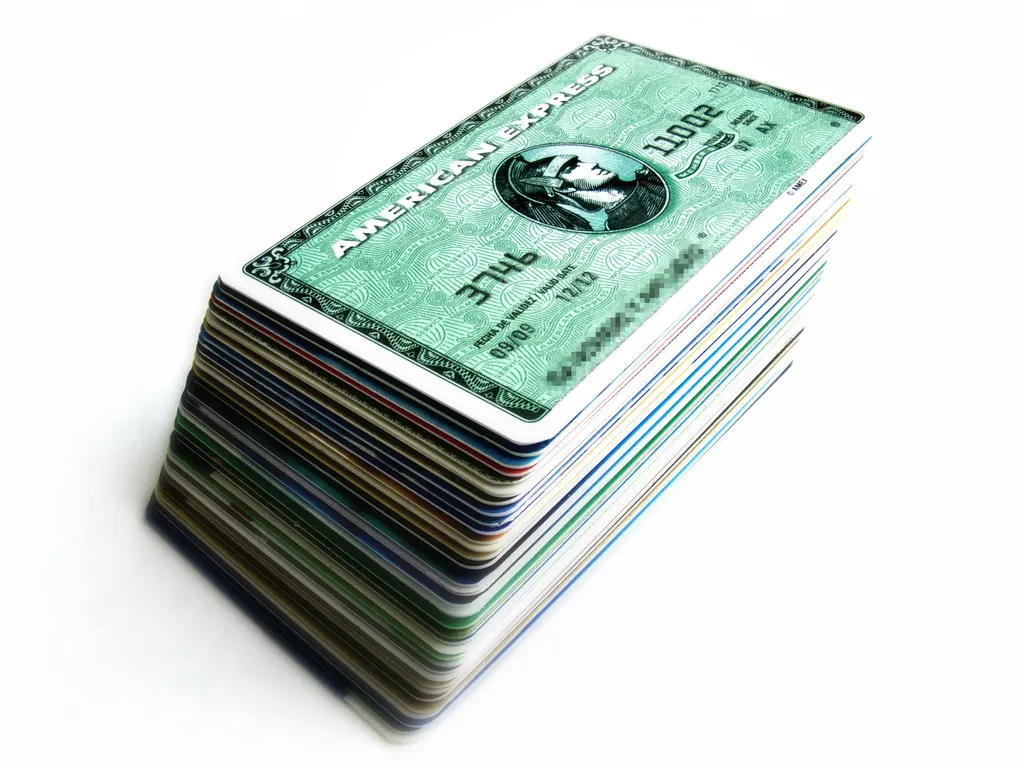How Accurate is Credit Karma? The Truth Behind Your "Free" Score
If you've ever checked your credit score online, chances are you've used Credit Karma. It's a popular, user-friendly platform that promises free credit scores and reports. But you might have heard a common piece of advice: "Don't trust the score you see on Credit Karma."
So, what's the deal? Is Credit Karma accurate, or is it giving you a completely different number from what lenders see? The answer is a bit more nuanced than a simple "yes" or "no."
The Key Difference: VantageScore vs. FICO
The primary reason your Credit Karma score may not match the score a lender pulls is because it uses a different scoring model.
• Credit Karma uses VantageScore 3.0. This scoring model was created by the three major credit bureaus (Equifax, Experian, and TransUnion) as a competitor to FICO. VantageScore is gaining popularity, with thousands of lenders using it, including some major banks. Credit Karma provides your VantageScore from two of the three bureaus: Equifax and TransUnion.
• Most lenders use FICO scores. FICO is the industry standard, with around 90% of top lenders using one of its many scoring models to make lending decisions.
While both VantageScore and FICO use the same underlying data from your credit report (payment history, credit utilization, etc.), they weigh these factors differently. For example, VantageScore may penalize late mortgage payments more severely than other types of late payments, while FICO's calculation is different. These subtle differences in the algorithms can lead to a score that is 20-25 points, or even more, different between the two models.
So, is Credit Karma's Score Useless?
Absolutely not. While it may not be the exact score a lender uses, Credit Karma is still a powerful and highly valuable tool for managing your financial health.
Think of it this way: Your credit score is not a single, universal number. You have dozens of different credit scores. A lender giving you a car loan might use a FICO Auto Score, while a mortgage lender uses a FICO Mortgage Score. Credit Karma's score is simply one of these many scores.
Here's why Credit Karma is still a great resource:
• It's a Trend Indicator: Instead of focusing on the exact number, use Credit Karma to monitor the direction of your credit. If your score goes up on Credit Karma, it's a strong sign that your FICO score is also improving. If it drops, it’s a red flag to check your reports for a potential issue.
• It Gives You a Look at Your Reports: Credit Karma gives you free access to your credit reports from both Equifax and TransUnion. This is arguably more important than the score itself. You can check for inaccurate, incomplete, or outdated information, which you have a legal right to dispute. This is crucial for maintaining accurate credit.
• It's a Great Way to Spot Errors: Credit Karma's monitoring and alerts are excellent for catching potential fraud or reporting errors. They can notify you if a new account is opened in your name, if a late payment is reported, or if there's a significant change to your credit. This daily check is a valuable line of defense.
• It's Always Up-to-Date: Credit Karma checks your credit reports daily. This means you can see the impact of your financial decisions in near-real-time, rather than waiting for a lender to pull your score.
The Bottom Line
Credit Karma is accurate—for what it is. The score you see is a real, legitimate VantageScore based on the data in your Equifax and TransUnion reports. However, because it's not a FICO score and doesn't pull data from Experian, it may not be the exact number a lender sees.
Use Credit Karma for what it's best at: a free, accessible way to monitor your credit health, track your progress, and spot potential problems on your credit reports. When you're ready to make a major financial decision, like applying for a mortgage or a new car, consider getting your official FICO score from a bank, credit card issuer, or myFICO.com to get the full picture.



